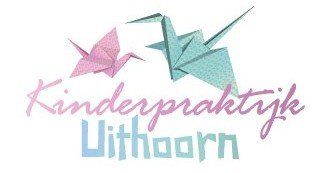Anger /conduct disorder
Some children are angry quickly, without a reason. They begin to hit or kick others when mildly provoked. They might yell or be very angry when something isn’t going their way. Your child is lying regularly or breaks things. Your child might get very angry because they have to do something that they don’t want to do, or because someone at school says something to them. The reason behind the anger is often unclear to the parents as well. For parents it can be very hurting to see that others won’t invite or like your child anymore because of the anger. No matter what you say to your child, it happens again and again. Punishment doesn’t seem to help much, so what do you do? It might be possible that your child has a disruptive behaviour disorder. In that case, other people are also bothered by the overly aggressive behavior of your child.
There are two different types of aggressive behavior that are part of disruptive behaviour disorders:
• Oppositional defiant behavior: it means that your child can’t handle it when someone says he or she has to do something, or may not do something. Your child will get very angry in those situations. For example, when you tell your child that they can’t have a piece of candy, your child would like to either run away from you or to kick or call names at you. The abbreviation for Opposidional Defiant Disorder is ODD.
• Conduct disorder/Antisocial behavior disorder: when your child acts antisocial, he or she doesn’t only get angry, but often does things that are really not allowed. For example yelling, bullying, lying or fighting. Your child often breaks objects or steals things. It is difficult for your child to admit they did something wrong, your child will always put the blame on others. The abbreviation for conduct disorder is CD.
Psychodiagnostic examination can be used to determine whether or not ODD or CD is present. Besides a few tests with the child itself, we will ask parents and teachers to fill out some questionnaires. Sometimes an observation at school is deemed necessary. The parent(s)/guardian(s) of the child will receive the final diagnostic report after the examination.
Some children already received been diagnosed with autism in the past, but find it difficult to handle their autism in the present. For those children, we offer a variety of specialized treatments. Together we will decide which treatment would be best for the child, depending on the situation and the wishes. Besides, we offer psycho-education to parents (an explanation of what is going on).
Within the Kinderpraktijk we offer – besides a training for the child – attention for the parents by means of conversations. After all, it’s not always easy to deal with an aggressive child in your home situation. Together we will examine whether the support systems versus the burdens within the family are in balance, and we will think of ways to increase the support systems.




